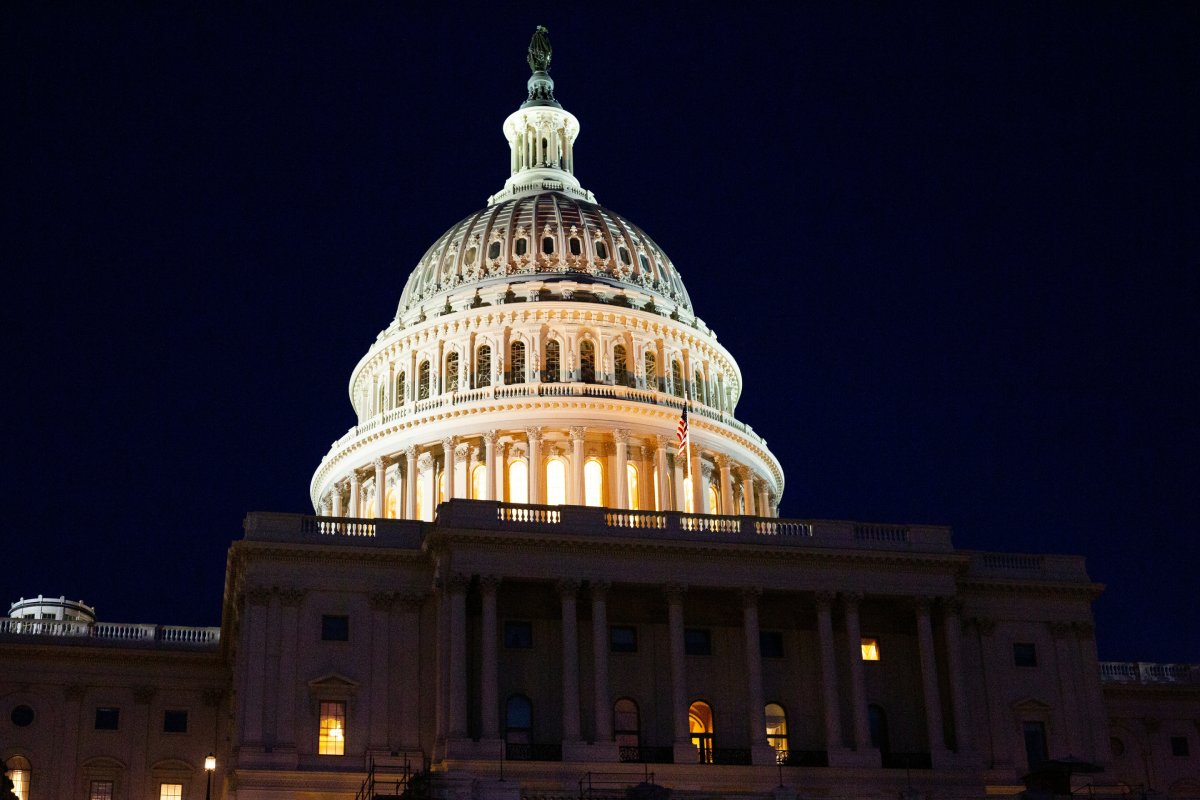Congress has set aside $50 million for the U.S. State Department to help “reduce passport backlogs and reduce visa wait times” in a bill signed into law by U.S. President Joe Biden on Saturday and praised by the travel industry this week.
On Wednesday, the U.S. Travel Association applauded the passage of the bill, which was part of a package of appropriations to fund select federal agencies through September. The lobbying group said the average wait time for a first-time visitor visa for the U.S.’s top inbound markets is around 400 days.
The law gives the State Department some discretion. It doesn’t specifically restrict the spending for any visa category, such as for business and leisure rather than education. It also doesn’t mention any specific country for which the State Department should cut wait times.
“The State Department must now deploy these resources as quickly as possible to lower wait times and facilitate growth in inbound visitation,” said Tori Emerson Barnes, executive vice president of public affairs and policy for U.S. Travel.
The State Department expects visitor visa wait times to span hundreds of days in Colombia, Mexico, and India this year because of high demand for travel to the U.S., Julie Stufft, the State Department’s deputy assistant secretary for visa services, told Skift in November.
U.S. Travel Industry Pressures Government
Reducing visa wait times has been one of the travel industry’s most pressing issues, especially as the U.S. prepares to host the 2026 FIFA World Cup. Last week, over 300 travel industry professionals lobbied their federal lawmakers to take action on the issue.
At the Skift India Summit, U.S. Ambassador to India Eric Garcetti said Biden specifically asked him to work on reducing the visa backlog.
For the past few years, visa wait times have spanned hundreds of days in embassies in Brazil, Mexico, India and Colombia — top inbound markets for the U.S.
Long visa wait times cost the U.S. $12 billion in travel spending in 2023, according to U.S. Travel.
To cut the backlog, the State Department has taken steps like waiving interviews for low-risk visa applicants, moving staff to countries with large backlogs, and hiring more processing staff. Some embassies in Brazil and India have seen massive drops. The federal agency issued a record 10.4 million visas in 2023.
As long as visa wait times stay long, the U.S. risks losing travelers to other destinations.
“If you are a leisure traveler or a business traveler, you’re likely to say, ‘I’ll go somewhere else,'” said U.S. Travel CEO Geoff Freeman at the Skift Global Forum in September.
Subscribe to Skift Pro to get unlimited access to stories like these
{{monthly_count}} of {{monthly_limit}} Free Stories Read
Subscribe NowAlready a member? Sign in here
Subscribe to Skift Pro to get unlimited access to stories like these
Your story count resets on {{monthly_reset}}
Already a member? Sign in here
Subscribe to Skift Pro to get unlimited access to stories like these
Already a member? Sign in here
